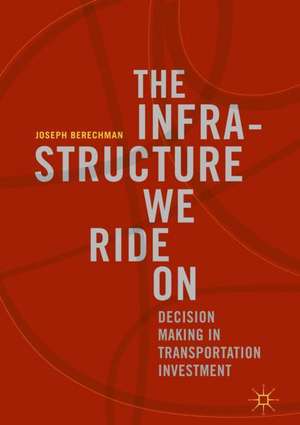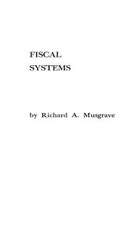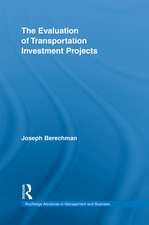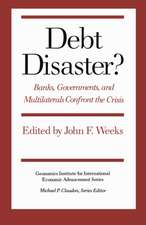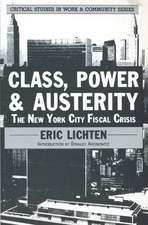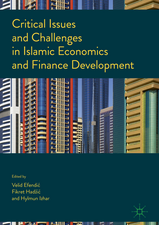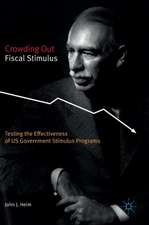The Infrastructure We Ride On: Decision Making in Transportation Investment
Autor Joseph Berechmanen Limba Engleză Hardback – 26 apr 2018
| Toate formatele și edițiile | Preț | Express |
|---|---|---|
| Paperback (1) | 634.68 lei 6-8 săpt. | |
| Springer International Publishing – 2 feb 2019 | 634.68 lei 6-8 săpt. | |
| Hardback (1) | 639.90 lei 6-8 săpt. | |
| Springer International Publishing – 26 apr 2018 | 639.90 lei 6-8 săpt. |
Preț: 639.90 lei
Preț vechi: 752.83 lei
-15% Nou
Puncte Express: 960
Preț estimativ în valută:
122.45€ • 128.10$ • 101.72£
122.45€ • 128.10$ • 101.72£
Carte tipărită la comandă
Livrare economică 03-17 aprilie
Preluare comenzi: 021 569.72.76
Specificații
ISBN-13: 9783319746050
ISBN-10: 3319746057
Pagini: 228
Ilustrații: XV, 194 p. 9 illus.
Dimensiuni: 148 x 210 mm
Greutate: 0.4 kg
Ediția:1st ed. 2018
Editura: Springer International Publishing
Colecția Palgrave Macmillan
Locul publicării:Cham, Switzerland
ISBN-10: 3319746057
Pagini: 228
Ilustrații: XV, 194 p. 9 illus.
Dimensiuni: 148 x 210 mm
Greutate: 0.4 kg
Ediția:1st ed. 2018
Editura: Springer International Publishing
Colecția Palgrave Macmillan
Locul publicării:Cham, Switzerland
Cuprins
1. Introduction.- 2. Infrastructure Needs and Reality.- 3. The Dubious Status of Formal Project Evaluation Procedures.- 4. Inferior and Unworthy Transportation Mega-Projects.- 5. Inaccuracies in Cost and Demand Forecasts.- 6. Mega-Project History and Decision-Making.- 7. Interest Groups: Advocacy and Opposition.- 8. The Decisive Role of Project Funding.- 9. Overseeing Institutions.- 10. Alternative Decision Criteria: Equity, Economic Development, and Environmental Externalities.- 11. Why Unworthy Mega-Projects?.
Notă biografică
Joseph Berechman is the Marvin Kristein Professor in the Department of Economics and Business at the Colin Powell School, the City College of New York, USA. Between 2007 and 2014 he was the department’s chairman. Before coming to CCNY, he was the CN Chair Professor in Transportation and International Logistics at the Sauder School of Business, the University of British Columbia, Canada. Dr. Berechman has consulted on a variety of transportation and urban projects in different countries and has been a principal investigator in several major studies done for the European Union. For the past several years he has been engaged in major cost and investment studies of transportation infrastructure projects in New York and elsewhere. He has published numerous journal papers and six books.
Textul de pe ultima copertă
This book explores the various economic and institutional factors that explain why huge investments are made in unworthy transportation mega-projects in the US and other countries. It is based on research, the general literature, economic analyses, and results from a specifically collected database showing that a significant proportion of implemented mega-projects have been found to be inferior ex-ante or incapable of delivering the returns they promised ex-post. Transportation infrastructure and other public investments of a similar scope (“mega-projects”) reflect public sector priorities and objectives, non-pecuniary as well as financial constraints, and a range of decision-making processes. This book describes how decisions made in the public sector with respect to transportation infrastructure investments are affected by the large populations and territories they serve, the estimation of the substantial opportunity costs they entail, the formal procedures instituted for quantitatively appraising projected outcomes and monetary returns, and the political environment in which these decisions are made.
Caracteristici
Explains the underlying process leading to the selection of inferior or unworthy transportation infrastructure mega-projects Relies on an economic analysis of empirical data sets and cases Recommends measures to be taken to improve mega-project decision-making from an economic and institutional perspective
